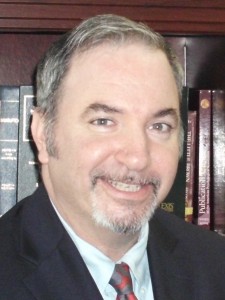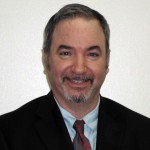Bacterial Meningitis Afflicts ICE Detainee at Krome Detention Center in Miami
by Mitchell J. Cohen, Esquire
October 23, 2013

ICE Detainee Contracts Bacterial Meningitis at Krome
On October 21, 2013 an ICE detainee at the Krome Detention Center in Miami, Florida, was diagnosed with bacterial meningitis after being taken to a local hospital. According to a statement from ICE, he remains hospitalized at this time.
According to the National Institutes of Health (NIH) website, “Meningitis is inflammation of the thin tissue that surrounds the brain and spinal cord, called the meninges.” The NIH further advises that “bacterial meningitis infections are extremely serious, and may result in death or brain damage, even if treated.”
Reportedly, several detainee housing units at Krome are “temporarily cohorted,” (quarantined) including the unit where the infected detainee was housed, and the Miami Dade County Health Department has been notified.
In 2011, a contract worker at the Krome detention center died from bacterial meningitis, as a result, visits to Krome by relatives or friends of detainees were temporarily suspended.
The telephone number for the Krome Detention Center is (305) 207-2001 (main number), which can be contacted regarding their evolving response to the present medical situation. The Krome Immigration Court telephone number is (786) 422-8700.
Update: 10/25/2013
As per AILA (American Immigration Lawyers Association) email received today, several Krome detainees who were in close proximity to the infected detainee have been provided prophylactic antibiotic treatment as a precaution. Although the specific strain of meningitis bacteria has apparently not yet been identified, the Krome Service Processing Center is apparently resuming normal operations beginning this afternoon. The detainee who contracted bacterial meningitis reportedly remains hospitalized but is expected to recover.
Attorney Mitchell J. Cohen handles ImmigrationCourt Cases at the Krome Detention Center and elsewhere. Offices in Hallandale Beach and Fort Myers, Florida.
Hallandale Beach Immigration Law Office: 501 Golden Isles Drive., Ste. 201B, Hallandale Beach, FL 33009 Tel. (954) 457 -1941



